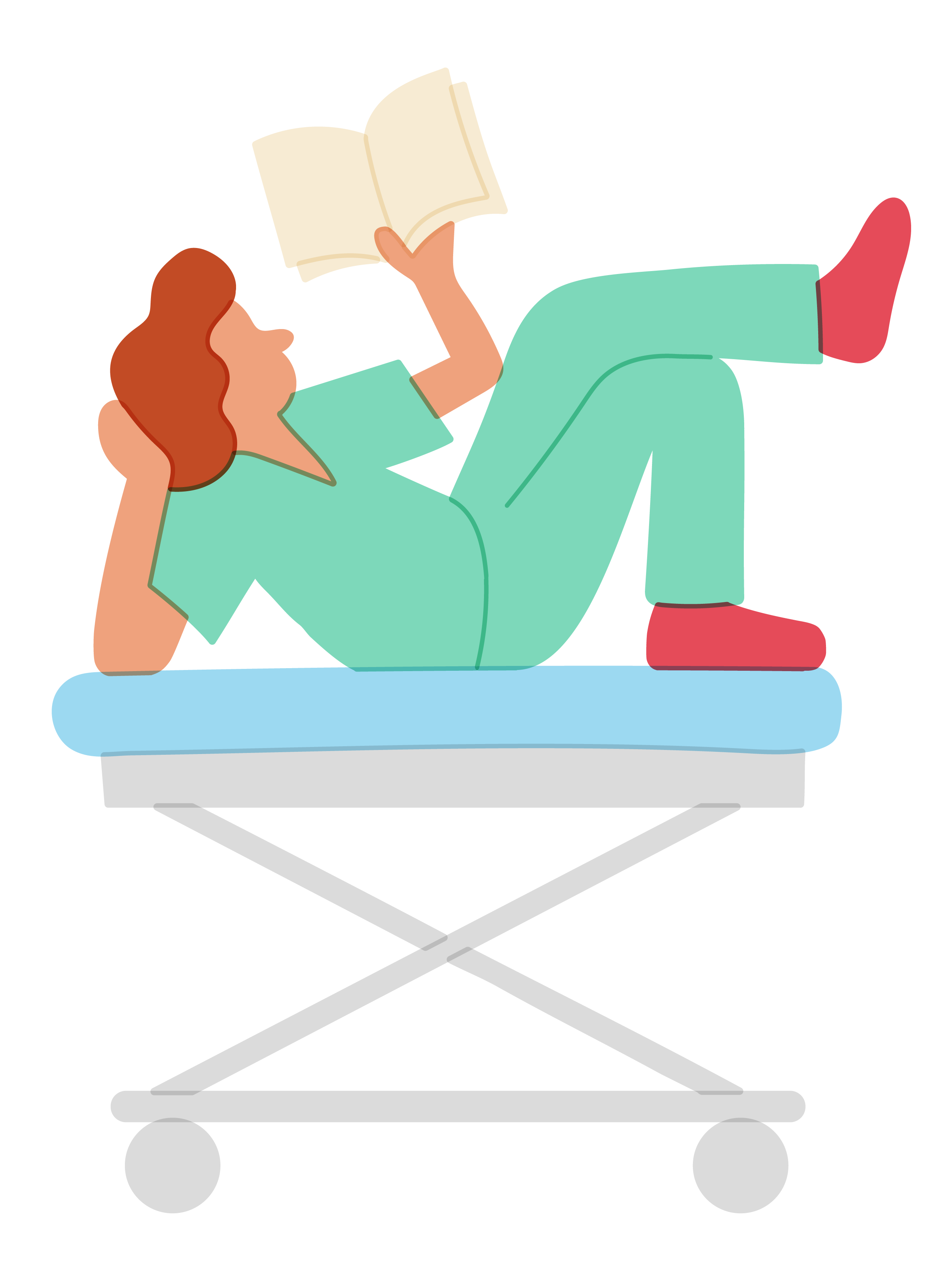You spent months perfecting your AMCAS application and interviewing with medical schools. Then, one day, ten unknown digits light up your phone screen. You answer and your life changes with one sentence – “We are excited to accept you to our program!” Celebrations ensue and you finally take a sigh of relief. But then you think…what’s next?
Knowing what to expect in medical school can help you to feel more equipped and less stressed. So, here is a quick rundown of each stage of medical school to help you prepare for life as a medical student.
Stage 1: Pre-clinical
Pre-clinical is all about learning the basics of medicine. This stage of medical education is usually 1-2 years, depending on the medical school. Programs with an accelerated pre-clinical curriculum (12-18 months) allow more time to take electives, perform research, or even pursue a dual degree. Most pre-clinical courses are composed of lectures, labs, and quizzes/exams. Most programs follow a systems-based curriculum (i.e. cardiology, pulmonology, GI). Some schools have dedicated anatomy blocks while others have a longitudinal anatomy course integrated throughout the year. Another common longitudinal course teaches students “doctoring skills.” This course involves history-taking, physical examination skills, oral presentations, and clinical reasoning.
Tip: Study with your classmates! Your peers are an incredible resource. Group studying is especially fruitful in pass/fail programs because everyone can win!
Stage 2: Clinical/Clerkship
The clinical stage is usually one year and is considered the most rewarding and challenging year of medical school. Students rotate through different specialties, spending 1-2 months on each rotation. Common rotations include internal medicine, family medicine, pediatrics, OBGYN, surgery, psychiatry, neurology, and emergency medicine. Clerkship year is an opportunity to refine your clinical skills and take ownership of your own patients. Throughout the year, students experience immense growth and may begin to feel more like a “doctor.” These rotations can either be graded or pass/fail. The comments you receive during clerkship year are added to your Dean’s letter, which is submitted with your residency applications.
Tip: You get what you give! The more effort and interest you put into a rotation, the more you will grow. Be sure to learn from your patients and ask for help. And please remember that this can be a stressful year, so take care of yourself.
Stage 3: USMLE exams
In order to graduate, students must take two board exams – Step 1 and Step 2. Step 1 involves more basic sciences while Step 2 is more clinically oriented. Step 1 is now pass/fail, while Step 2 is scored. Students generally spend at least a month studying for each exam and many choose to study longer. The timing of these exams is pretty variable. At my school, I took both exams after my clinical year. However, many students take Step 1 after pre-clinicals and Step 2 after clinicals.
Tip: Be sure to leave enough time to study and stay organized so you don’t fall behind. These exams cover a massive amount of content, so pacing yourself is key.
Stage 4: Career Preparation
After completing your core rotations, there is usually time to pursue electives and research. There are many people who are still undecided after completing clerkship year, so this stage is an opportunity to explore. Some students may take a research year or pursue a dual degree. Once you have chosen a specialty, you will begin to prepare your residency application. Many students will go to an “away rotation” in the summer months, which is basically a month long interview at another program. Students complete 1-3 away rotations, depending on how competitive their chosen field is. Residency applications are due in September during the fall of your final year and match day is in March during the spring of your final year.
Tip: Don’t stress too much if you need more time to decide on a specialty. Many students need time to explore, myself included.

Comments